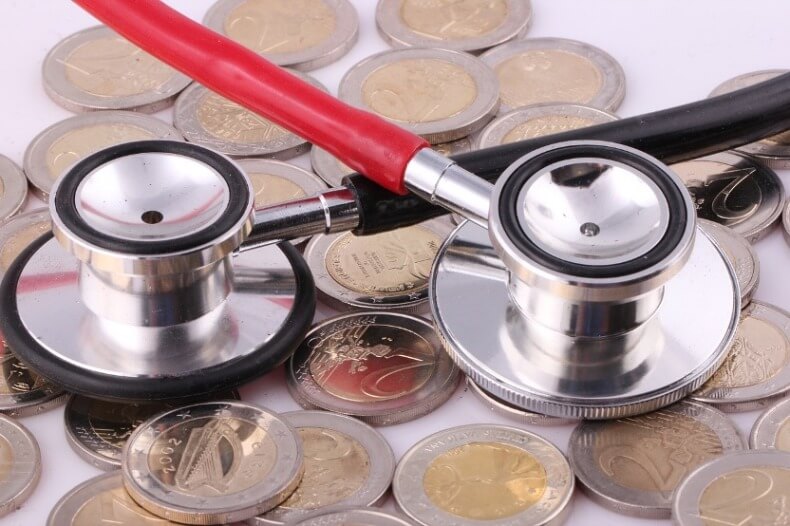Brexit has been a huge part of everyone’s lives since the referendum result in 2016 and with that comes a vast amount of anxiety surrounding what is actually changing and how it will affect our day today, particularly when it comes to travelling.
However, with plenty of information online, as well as some easy to fill out forms, it is easier to travel than ever before. To help you make sure that your travelling is less stressful, we will be providing you with insight into health travel changes that you need to be aware of.
Can I Still Travel With My Current Passport?
One of the most common questions asked throughout the Brexit process is how the borders will be affected for those travelling from the UK into the rest of Europe. However, with a deal agreed, there was a vast amount of the stress lessened with many then asking whether or not their existing passports are still valid now that we have left the European Union. The answer is of course yes.
You can still travel with the passport that you have as long as it is in date. However, when you apply for a new passport, you will receive a blue one rather than the traditional brown passports we once had.
What Changes Are There To The EHIC Scheme?
The EHIC scheme that existed before Brexit allowed those travelling from the UK to Europe to reduce the cost of medical care for those that need medical care when abroad. This has since been changed as a result of Brexit however with four countries that do not accept the new GHIC card.
In non-EU countries, the card will not be accepted and you will have to pay full price for the health care that you require. Therefore, it is important to make sure that you have a health insurance plan alongside the GHIC card to prevent you from being left out of pocket.
What Locations Are Not Covered Under The New GHIC Scheme?
If you are travelling to a country that does not accept the GHIC card, it is important to make sure that you still have your travel insurance. This will allow you to make sure that you are covered if you fall ill and allow you to claim back the money that you spent on medical care.
The insurance policy should cover all those that you are travelling with and should be enough to cover you for general illness as well as any illnesses that you are already diagnosed with. Though both the GHIC card and the health insurance policy will enable you to be covered when you travel, it is important to note that the GHIC card is not accepted in the following countries:
- Norway
- Iceland
- Liechtenstein
- Switzerland
Where Can You Apply For A GHIC?
Your GHIC application is the exact same process as the original EHIC scheme. You apply for the card online using a detailed application form which is then sent off for your card to be produced.
If you are travelling with your family, it is important to note that they will also require a GHIC card to be covered by the scheme. Any child that is under the age of 16 will need to have a card applied for in their name by a patient or guardian and those over the age of 16 are required to apply for the card themselves.
When the cards have been ordered, you will then have to wait a minimum of 2 weeks before the card will arrive at your door. Due to the waiting times for these cards, it is advised that you apply in advance to make sure that the cards arrive at your door before you are set to travel.
Changes To Medicines As A Result Of Brexit
According to the government website, it is advised that those that are looking to travel abroad to either take the medication that they need with them or to purchase it when they arrive there.
However, when looking to purchase medicine you will need to check with the embassy about the local rules regarding medication as well as provide proof that the medication that you need is a prescription that you take in the UK. If you are travelling for more than 3 months, you will also need a licence to carry three months’ worth of medication as well as a licence to travel there for longer than three months, which can also be applied for online
With this in mind, there are several ways that you can continue to travel to Europe after Brexit with very minimal stress by planning every element and ensuring you have all the relevant documentation. Where will you be starting when it comes to travelling shortly?
